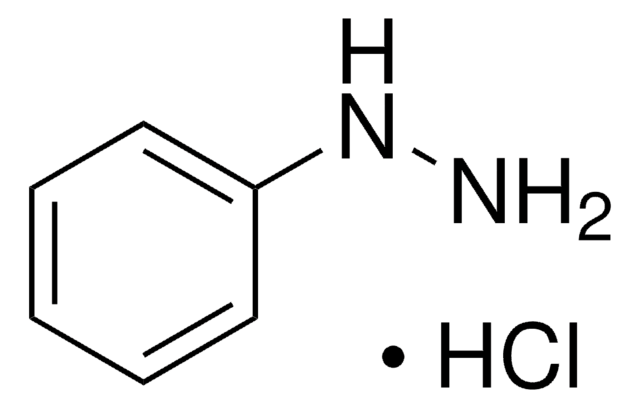N6754
α-Nicotinamide adenine dinucleotide
from Saccharomyces cerevisiae, ≤1% β-isomer, ≥95%
Synonym(s):
α-DPN, α-Diphosphopyridine nucleotide, α-NAD
About This Item
biological source
Saccharomyces cerevisiae
Quality Level
Assay
≥95%
form
powder
impurities
≤1% β-isomer
solubility
H2O: soluble-50 mg/mL, clear, colorless to faintly yellow
storage temp.
−20°C
SMILES string
NC(=O)c1ccc[n+](c1)[C@H]2O[C@H](COP([O-])(=O)OP(O)(=O)OC[C@H]3O[C@H]([C@H](O)[C@@H]3O)n4cnc5c(N)ncnc45)[C@@H](O)[C@H]2O
InChI
1S/C21H27N7O14P2/c22-17-12-19(25-7-24-17)28(8-26-12)21-16(32)14(30)11(41-21)6-39-44(36,37)42-43(34,35)38-5-10-13(29)15(31)20(40-10)27-3-1-2-9(4-27)18(23)33/h1-4,7-8,10-11,13-16,20-21,29-32H,5-6H2,(H5-,22,23,24,25,33,34,35,36,37)/t10-,11-,13-,14-,15-,16-,20+,21-/m1/s1
InChI key
BAWFJGJZGIEFAR-OPDHFMQKSA-N
Looking for similar products? Visit Product Comparison Guide
General description
Application
Biochem/physiol Actions
Other Notes
Caution
Signal Word
Warning
Hazard Statements
Precautionary Statements
Hazard Classifications
Eye Irrit. 2 - Skin Irrit. 2 - STOT SE 3
Target Organs
Respiratory system
Storage Class Code
11 - Combustible Solids
WGK
WGK 3
Personal Protective Equipment
Certificates of Analysis (COA)
Search for Certificates of Analysis (COA) by entering the products Lot/Batch Number. Lot and Batch Numbers can be found on a product’s label following the words ‘Lot’ or ‘Batch’.
Already Own This Product?
Find documentation for the products that you have recently purchased in the Document Library.
Customers Also Viewed
Our team of scientists has experience in all areas of research including Life Science, Material Science, Chemical Synthesis, Chromatography, Analytical and many others.
Contact Technical Service






